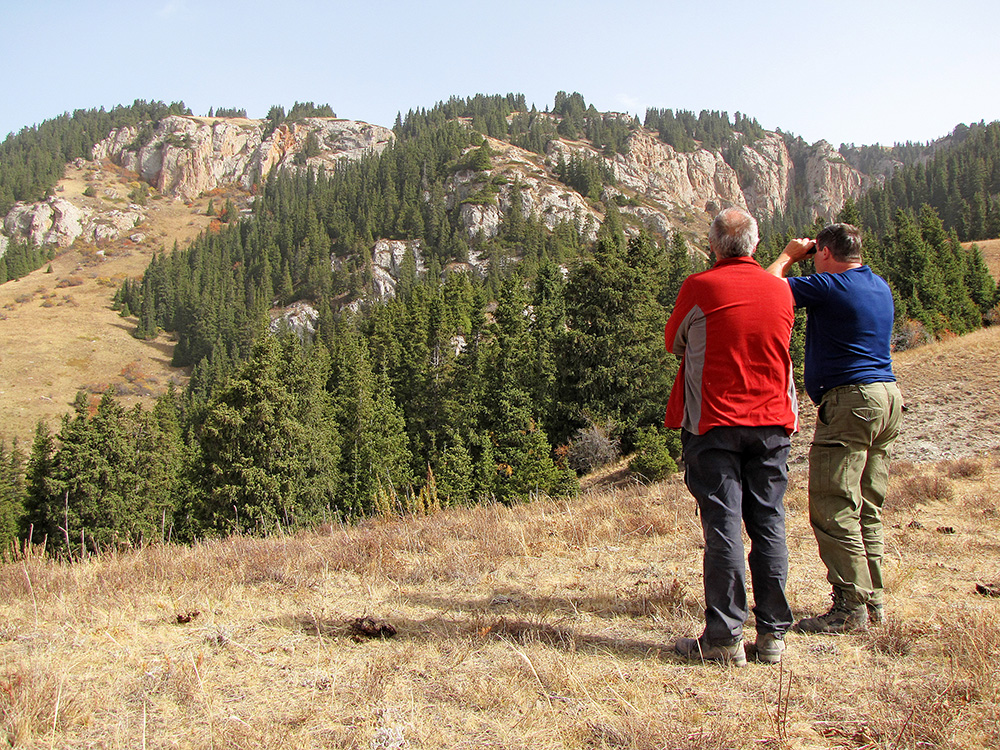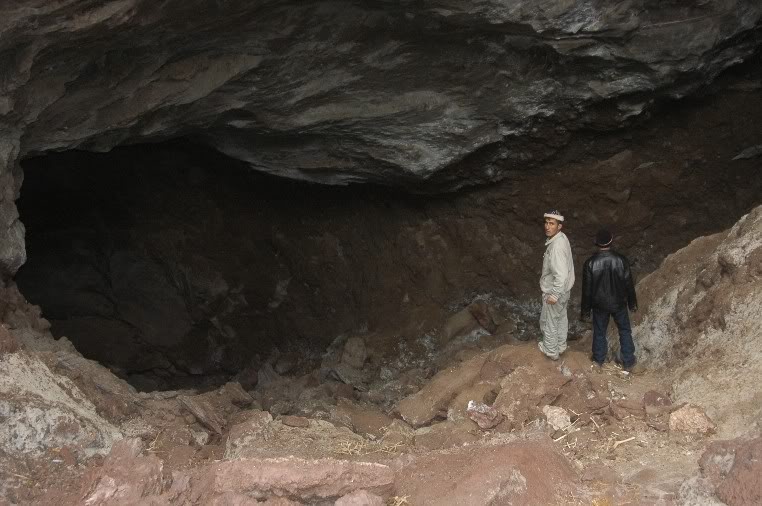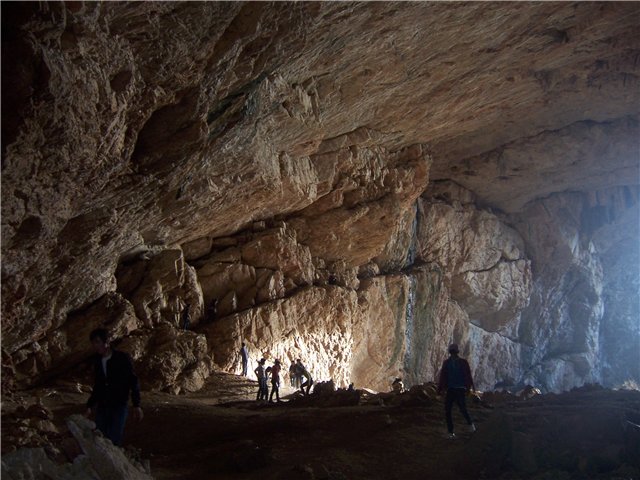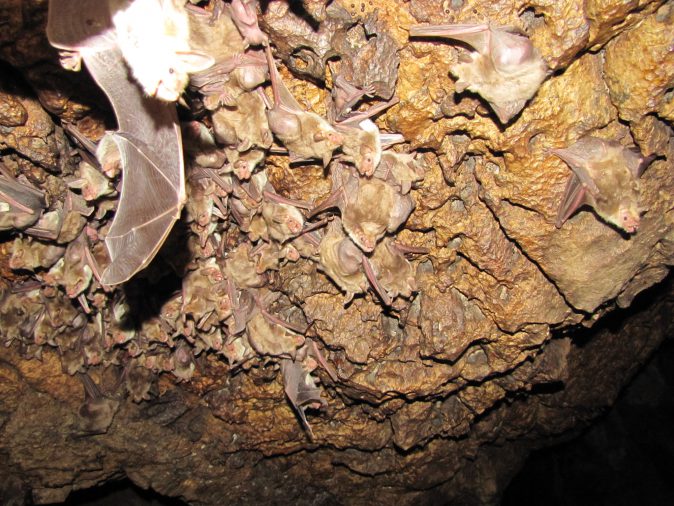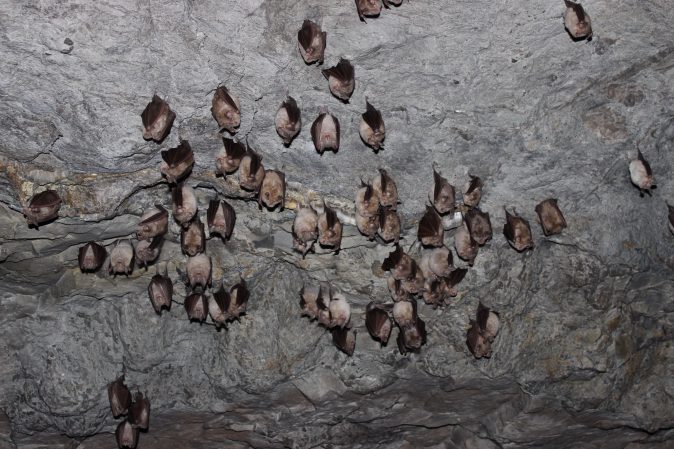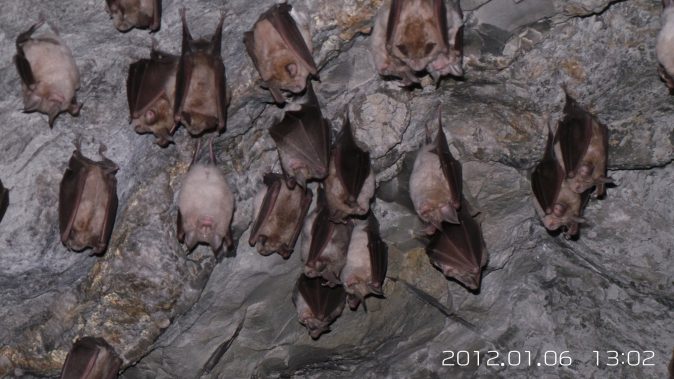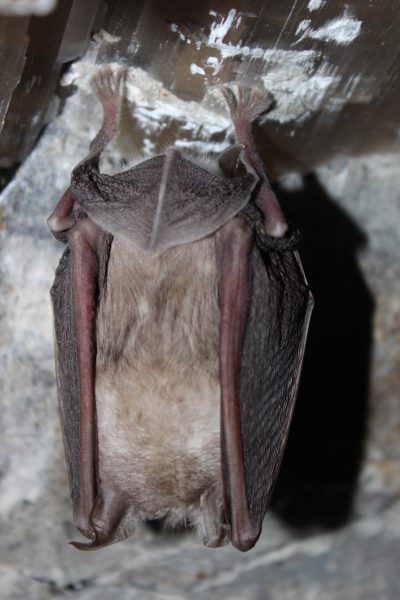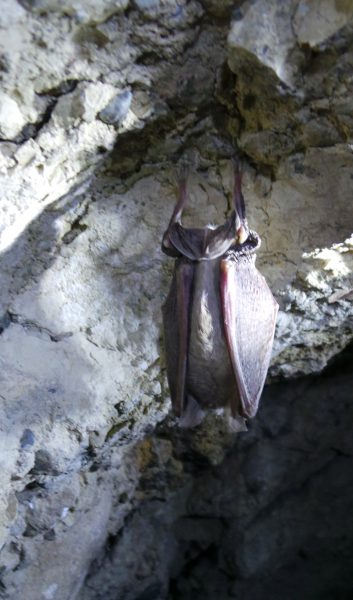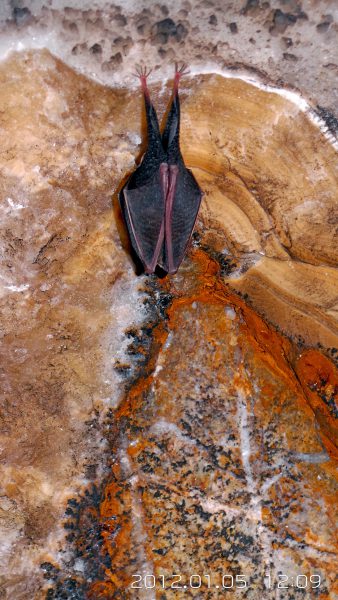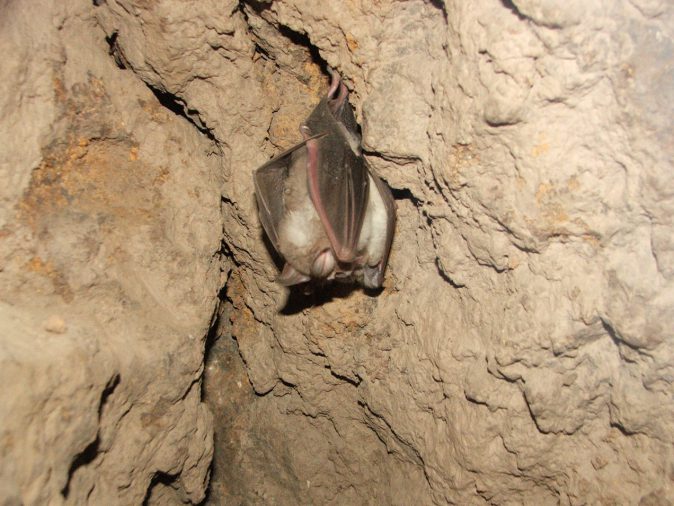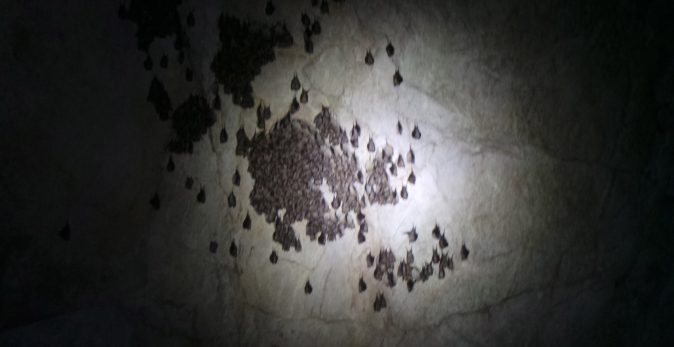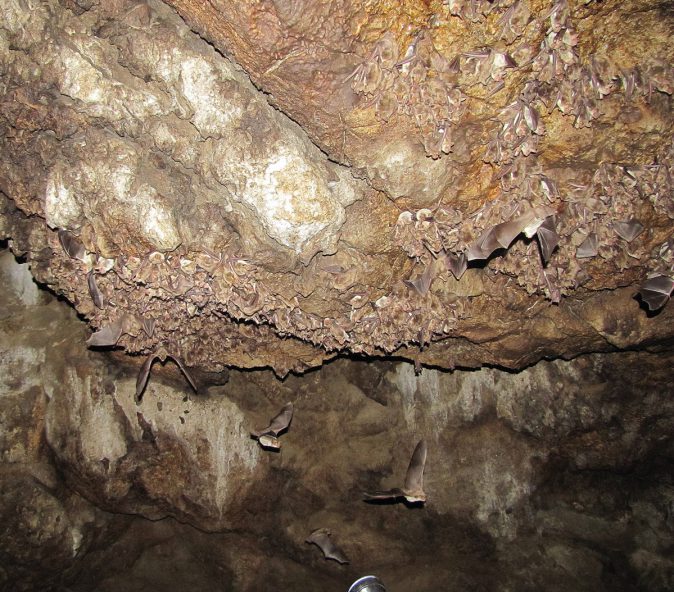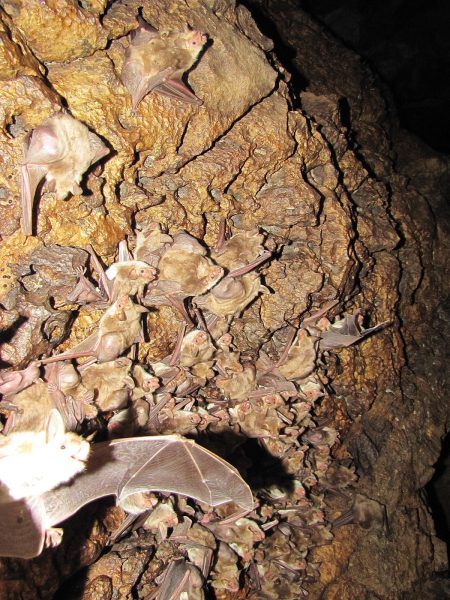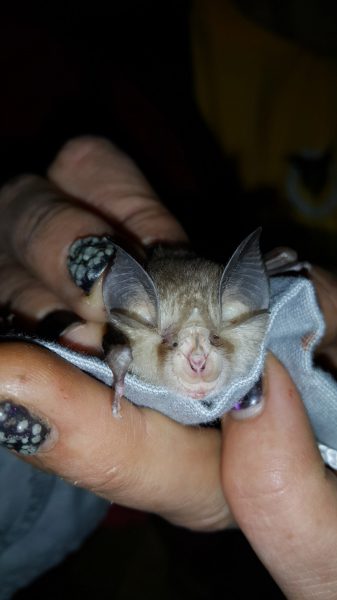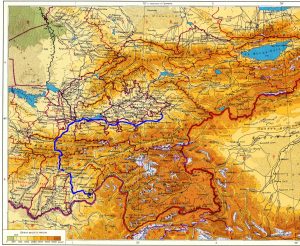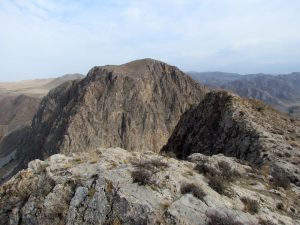
“Preservation of unique caves related to protected areas – habitats of rare bats listed in the Red Book of Kyrgyzstan, as objects of science and education.”
In this project, the SIP Foundation acts as a partner of the Tien Shan Geological Society. The project is funded by GEF-UNDP through the Small Grants Program. The tasks of the FSIP are scientific advice, recommendations and the development of a methodological – scientific manual for the preservation of caves.
Bats of transboundary territories of Central Asia (Kyrgyzstan, Tajikistan, Uzbekistan) as indicators of the conservation of biodiversity and useful components of biocenoses in the context of global climate change. This project is aimed at solving problems in one of the most transboundary key regions, which covers the Naukat and Aravan districts of the Osh region, where the famous caves of the Osh mountains are located, which in turn are unique habitats for bats.
Many species of bats are currently on the verge of extinction. The problem has become particularly acute in recent decades due to disorganized or barbaric visits to bats’ habitats such as caves, where bats are targeted from their historic habitats. There is an anthropogenic impact on the microclimate of the caves. As a result, bats die or do not return to their habitats. In addition, having gorged on insects “poisoned” by pesticides, in agricultural fields and persecuted by humans – because of elementary illiteracy and prejudices defining bats as pests or chimeras, the number of individuals is rapidly decreasing.
There is an International Agreement (EUROBAT) on the conservation of bats, signed by 32 European countries. A bat festival is held in 30 countries around the world. These days, in many European countries, lectures, exhibitions, seminars are held on the protection of these animals, and excursions are organized on a festive night, during which you can see these secretive animals. Silent guided tours are held in the caves.
The main problems that the Foundation for the Conservation and Research of Caves and its partners want to understand and solve, in the proposed project concept, are as follows:
1. Negative changes in the species composition and number of bats – “cavemen” under the influence of anthropogenic impact and global climate change: monitoring over the past 40 years – forecast and prospects;
2. New finds of bats associated with the expansion of their range in the context of global climate change – what to expect in the future?
3. Bats as useful components of the biological method of combating insect pests in agriculture and forestry – how to attract and effectively use them in agrocenoses and biocenoses? But the main thing is how to save them?
4. Caves, as the main unique habitats of bats, are subject to unorganized visits by tourists and anthropogenic changes in the microclimate. What should be done to preserve them as traditional habitats of various species of bats “cavemen”?
5. Ecological and educational aspects in the study and conservation of bats as useful components of the habitat. On the topic – “Code of Bats Conservation” for Central Asians, holding seminars, round tables, television and radio broadcasts, publishing a visual guide on the Red Data Book bats and the benefits of bats for the conservation of agricultural crops, and, as a consequence, improving the quality of international waters).
In this regard, bats have a significant impact on the number of insect pests found in the territories of agricultural development. The influence of bats on the number of insects turns out to be significantly greater than the influence of insectivorous birds, since the insect-pest years occur mainly at dusk and at night, when insectivorous birds are sleeping. Thus, measures aimed at protecting bats can be of great importance, both for maintaining the normal functioning of natural ecosystems, and for protecting agricultural plants from insect pests, and, consequently, for the safety of international waters contaminated by the alternative to bats, pesticides in agricultural fields. At the same time, increasing the productivity of agricultural crops and their ecological purity helps to reduce poverty of the population and improve its health.
